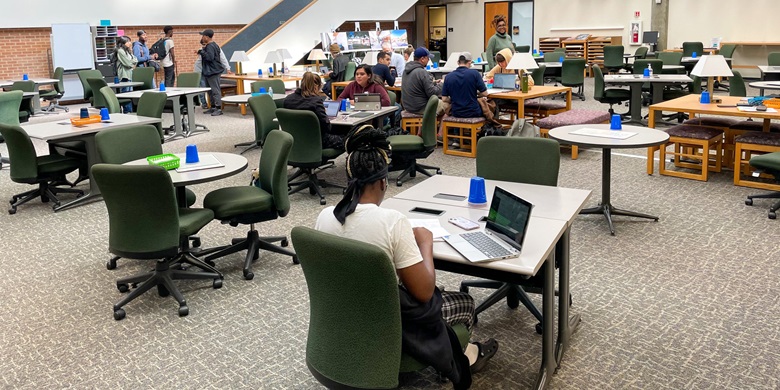Editor’s Note: This is the first in a periodic series of tips to make students and the community aware of cybersecurity risks, courtesy of the Dallas College Risk Management Office.
Some scams are clumsier than others, but even lazy attempts will use valid companies or programs as part of the lure. Here are things to look for in those text messages or emails:
- Verbiage that is too good to be true (“Want to work from anywhere and earn between $300 and $1,050 a day for just one hour of work?”)
- Unofficial communication channels such as Gmail or Hotmail accounts and nonstandard requirements (“Contact us via Whats-A-pp” “Must be 22 years or older”)
- The use of valid company names to make it seem legitimate (“Join our remote team at Aerotek”)
In the example above, Aerotek is a real company, but in a scam message there typically is nothing indicating the kind of work being done or why it was sent to you.
Not all scams of this nature are job related, though some demographics might be particularly vulnerable. Others can tie back to state or federal assistance programs, education programs or even charitable giving.
Whenever you receive an unsolicited message asking you to take action, take a look at the sender and who they claim to represent. Before doing anything use a separate channel to investigate the background of the messenger.
Remember, you are your first line of defense online against cybersecurity threats.
